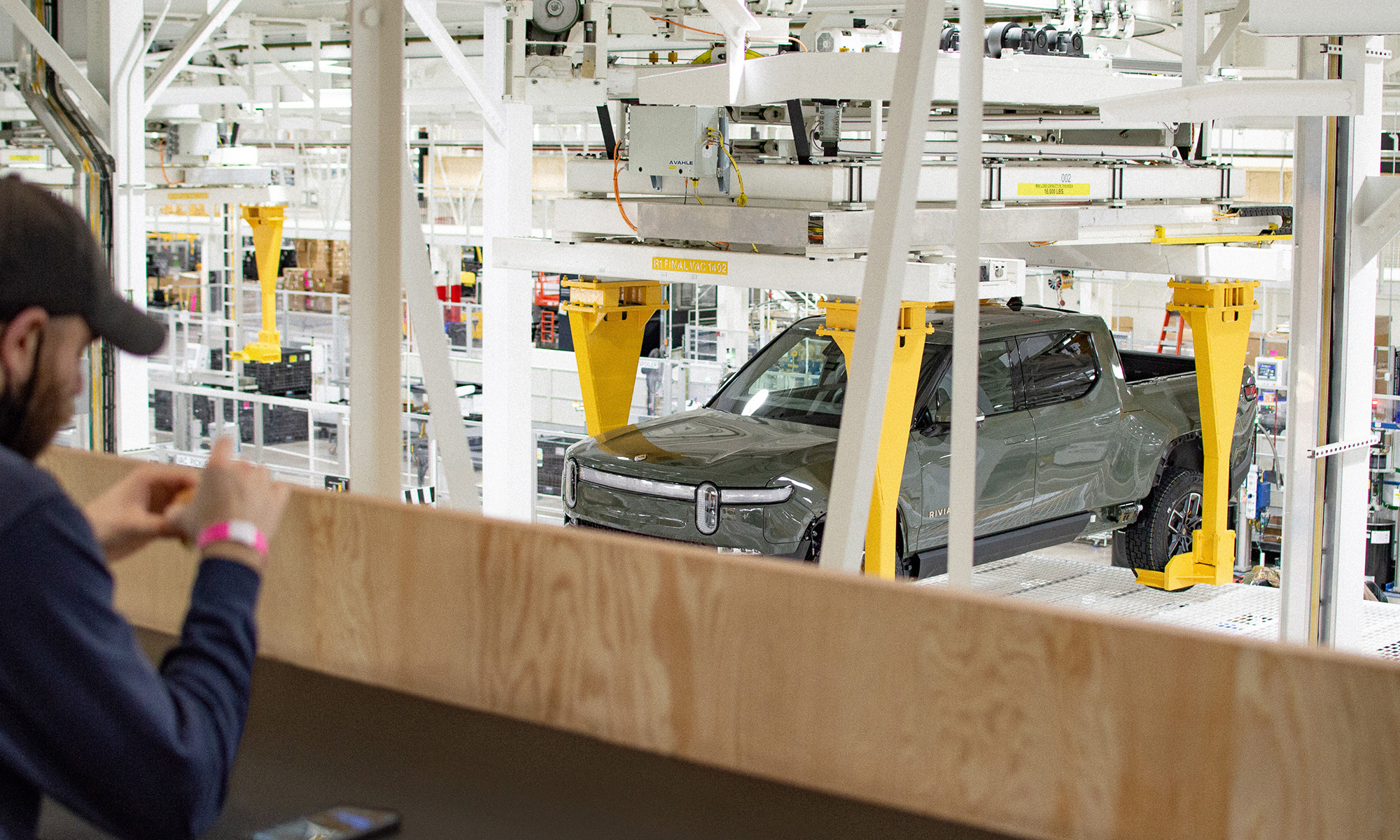It wasn't all that long ago that electric vehicles were having their day in the sun. EV start-ups, including Rivian (RIVN 3.37%) and Lucid (LCID +0.80%), went public just a few years ago to much fanfare, and their share prices rose relatively quickly.
At the same time, the government was making new investments in EV infrastructure charging as well as boosting consumer interest with EV tax credits. Those incentives, along with increased government emissions regulations, also made it a hospitable environment for significant capital to be invested in new electric vehicles.
Unfortunately, times have changed. EVs aren't dead, not by a long shot, but EV companies including Rivian and Lucid face significant headwinds right now. Here's what's happening with the two companies this year and why I think Rivian is the better EV stock.

Image source: Rivian.
Tariffs, evaporating EV credits, and rising competition
There's no getting around the fact that President Trump's tariffs are having a significantly negative impact on automakers this year. Both Rivian and Lucid have cited rising costs from tariffs, even though they're U.S.-based companies that manufacture their vehicles domestically.
Rivian's management said on the company's latest earnings call that tariffs will have a negative impact on the company's vehicle expenses to the tune of about $2,000 per vehicle for the remainder of 2025. Meanwhile, Lucid's management echoed those concerns and said that tariffs cost the company $55 million in Q2, and the company estimates tariff-related margin headwinds of between 8% to 15% for this year, most likely toward the lower end of the estimate.
This is bad news on its own, but it's a bit tougher to swallow when you consider that it's coming at the same time that the government's EV tax credits are about to expire at the end of September.

NASDAQ: LCID
Key Data Points
Lucid and Rivian's vehicles didn't qualify for the credits because they are too expensive, but the companies were able to take advantage of a loophole that allowed some of their customers to use the credits for vehicle leases. With that incentive going away soon, some customers will likely be less inclined to opt for a Rivian or Lucid when car shopping.
And then there's the rising competition from fellow EV makers. In 2024, there were 784 electric models globally. This year, there are 993 -- a 27% increase. Lucid and Rivian don't sell their vehicles in all global markets, so some of those models aren't direct competitors, but the increase still shows that carving out a niche in the EV space is getting more difficult every year.
Why Rivian is in a better position to manage the difficulties
How well a company navigates difficult times comes down to how its leadership responds to shifting needs. Rivian is in a great position on this front because the company has been run by its founder, RJ Scaringe, since the very beginning.

NASDAQ: RIVN
Key Data Points
Scaringe has been instrumental in navigating new tariffs, adapting to new sources for materials, and setting an overall vision for where he wants his company to go. While Scaringe's stable leadership isn't a guarantee for Rivian's success, it's been much more stable than Lucid's tumultuous management situation as of late.
Lucid is on its third CEO in its short history. Marc Winterhoff took the helm back in February, after co-founder Peter Rawlinson was replaced. It's worth noting that Winterhoff is the interim CEO as Lucid looks for a permanent leader, which adds to the instability at the company.
Management aside, Rivain is also one step ahead of Lucid when it comes to moving into new markets. The company has already retooled some of its manufacturing to ready the release of its $45,000 R2 model that will be sold in the first half of 2026. Higher prices often sideline potential EV customers, so a lower-priced model could be a boon for Rivian's sales. Lucid has plans for a $50,000 EV, but it won't launch until late 2026, and deliveries likely won't begin until 2027.
What's more, Lucid was in poor financial shape in 2024, before the Saudi Public Investment Fund stepped in with a $1.5 billion lifeline. It wasn't the first investment the fund has made in the company -- it owns 60% of Lucid -- but the investment was a sign that Lucid isn't yet ready to stand on its own two feet.
Rivian is burning through cash too, but before rising costs and tariffs slowed its growth, the company reported two consecutive quarters of positive gross profit. While losses are widening this year, the company's temporary positive gross profit showed that it's more financially resilient than Lucid.





